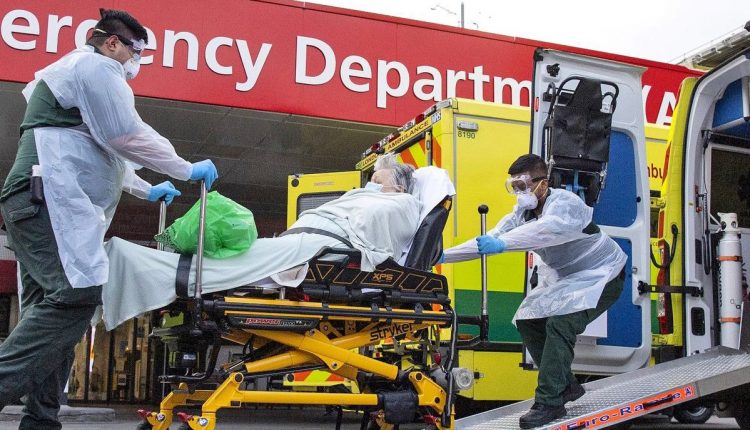
UK, after the strikes of nurses and rescuers comes the "anti-strike law"
The strikes in the UK that involved rescuers and nurses had an impact that was anything but peace-making: the definition of an anti-strike legislation
Legislation against strikes in the UK, the GMB union: “action against NHS workers”
The object of the dispute between the government and the working categories is wage adjustment: Great Britain is going through an economically delicate and negative phase, with inflation that has grown by more than 10% and with a cost of living that was already all to the detriment of health workers.
The adjustment proposed by the government, a 4% increase in payroll, was therefore considered highly inadequate by the workers.
As a result, the first nurses’ strike in the last 106 years took place, followed by that of the ambulance rescuers.
Not a simple political crisis, but given its rarity, a small page of history.
The ambulance rescuers then come from an even more complicated picture given that the economic shortage is accompanied by an almost total hiring freeze.
A numerical deficit that resulted in the use of His Majesty’s Army on ambulances.
In these days the action of the UK parliament and the drafting of this law.
Strikes in UK, the GMB union has reacted to the government’s anti-strike legislation
Gary Smith, GMB Secretary General, said:
“A government that has presided over 13 years of failing public services is now looking to scapegoat the NHS staff and ambulance operators who do so much to care for our country’s citizens.”
“The NHS can only function with the goodwill of its incredible staff and attacking their basic right to act will alienate them even further and do nothing to help patients and the public.
“We are always ready to discuss the salaries of our members, but the Government refuses to talk about current problems and wants to kick the can instead.
“There are huge questions surrounding the NHS payroll review body, as the actions of ministers have consistently undermined its independence.
The process needs real reform and our members need a much stronger commitment than we have heard today.”
Read Also
Emergency Live Even More…Live: Download The New Free App Of Your Newspaper For IOS And Android
UK, Ambulance Workers’ Strike Successful: Sympathetic Population, Government In Trouble
England, NHS Tries To Curb Problems Over Dec. 21 Ambulance Strike
UK Ambulance Staff Strike Tomorrow: NHS Warnings To Citizens
Germany, Survey Among Rescuers: 39% Would Prefer To Leave The Emergency Services
UK Ambulances, Guardian Investigation: ‘Signs Of NHS System Collapse’
Rescue In The World: What Is The Difference Between An EMT And A Paramedic?
EMT, Which Roles And Functions In Palestine? What Salary?
EMTs In The UK: What Does Their Work Consist Of?
Russia, Urals’ Ambulance Workers Rebelled Against Low Wages
How To Decontaminate And Clean The Ambulance Properly?
Ambulance Disinfection Using A Compact Atmospheric Plasma Device: A Study From Germany
UK Ambulance Workers Postpone 28 December Strike But Schedule 2023 Strike



